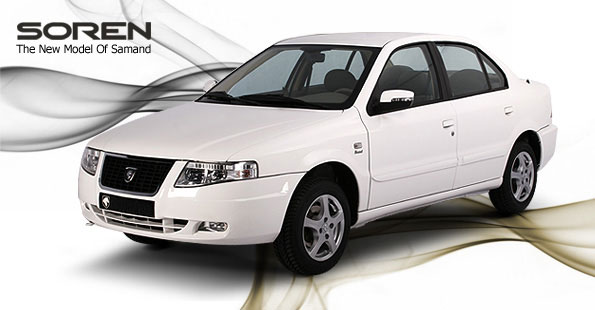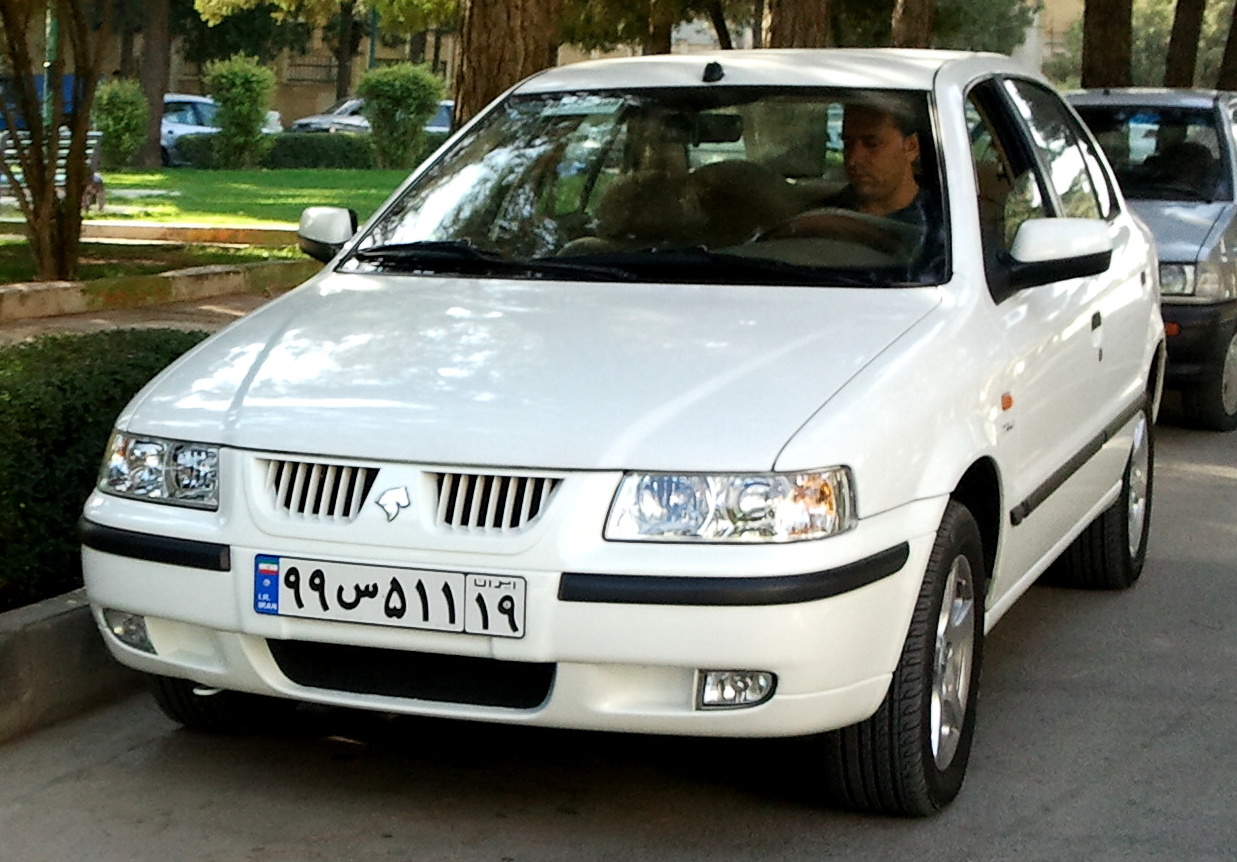Carmakers are racing for Iran following the country's breakthrough nuclear deal with Western powers - pitting past market leader PSA/Peugeot-Citroen against challengers including Volkswagen Group and Renault.
Tehran has agreed to curb its nuclear program in return for an end to sanctions, although the deal still faces hurdles including a skeptical U.S. Congress amid frantic Israeli lobbying for its rejection.
But auto manufacturers, which stand to be among the early beneficiaries, have been positioning themselves with varying degrees of discretion since late 2013, when the latest talks were launched and a limited number of sanctions suspended.
Within hours of the announcement of a final deal, PSA had outlined plans for new Iranian production to reclaim and defend the leading market position it held before sanctions were tightened four years ago.
Volkswagen said on Thursday that it is monitoring the situation and “further steps will be determined by future developments.”
The accord drew no immediate reaction from PSA’s domestic rival Renault, but insiders say almost all of the industry's big names are active behind the scenes.
"Industry leaders are itching to get into Iran," said Thomas Wuelfing, chairman of Germela, a Hamburg-based consulting firm specialized in Middle East trade. As far as the auto industry is concerned, he said, "it's the last big emerging market."
Iranian car registrations approached 1.6 million cars at their 2011 peak before collapsing under the weight of sanctions. Domestic production fell by 1 million vehicles over the next two years, destroying more than 100,000 jobs.
In the partial thaw since 2013, sales have recovered to an expected 1.2 million this year, according to IHS Automotive. An end to sanctions would see the market bounce back to 1.6 million in 2016, the forecaster predicts - and many in the industry see potential for a further expansion to 2 million.
Chinese competition
Returning European carmakers now face a stiffer challenge from Chinese rivals such as Chery and Lifar, whose cut-price cars have gained ground under sanctions, said Michel Jacinto, an analyst with the firm.
But higher-quality brands should win back market share in a rising post-sanctions economy, he said, with Japanese carmakers also well placed to benefit.
"For Peugeot and VW, success in Iran is very important," Jacinto added. "It's the gateway to the wider Middle East."
Volkswagen, which previously built the Gol compact with Iranian partner Kerman Khodro, is in "early deliberations" over an offensive by its budget Skoda and Seat brands once the market reopens, a mid-level manager within the group, said.
"Old ties in the region give the French a certain edge," he said. "But we also see the potential of this lucrative market."
General Motors and Ford may have to wait longer to navigate a deeper layer of American sanctions that will continue to bar Americans and their banks from Iran trade. GM declined to comment on Tuesday's deal.
PSA now enjoys a head start despite its 2012 decision to stop supporting Iranian re-assembly of outdated European-made models under pressure from GM, then a shareholder.
Manufacturing partner Iran Khodro, the country's biggest carmaker, instead began sourcing parts for the Peugeot 405 sedan and 206 subcompact from intermediaries - effectively restoring the brand's near-30 percent market share.
Iranian registrations of "unauthorized" PSA cars are currently running at about 350,000 annually, according to the French carmaker, which does not book the sales in its accounts.
To maintain that foothold as the market opens, PSA plans to invest in full Iranian production of new models using its latest architectures and engines, for domestic sales as well as export. Talks underway with potential partners are "most advanced" with Iran Khodro, the company told Reuters.
Renault, a smaller player in Iran with a 5.9 percent market share before sanctions were tightened, is also looking at more competitive successors to its first-generation Logan sedan model, still sold there as the Tondar.
"Iran is a market where we have ambitions, but we're not the only ones," Renault sales chief Jerome Stoll said last week. "We will need to come up with a response to real consumer demand, rather than a backward-looking response to demand that has been captive for years."
German ambitions
Germela, the trade consulting firm, is mobilizing its German carmaking clients with the help of a newly opened Tehran office.
Executives from Iran Khodro and second-ranked SAIPA will be on a 30-strong Iranian automotive delegation attending a September "matchmaking" seminar near Frankfurt with counterparts from across the German industry. The itinerary includes a visit to a Mercedes-Benz plant.
"The French don't sit around - they are always first when it comes to connecting commercial and political interests," Germela's Wuelfing said. "German carmakers would be well advised to hit the road."
Automotive News






No comments:
Post a Comment
Please leave a message, I will verify them swiftly, Sorry to have to do this now as some twat keeps spamming my message system, unfortunately they are ignorant and spoil it for everyone else,
Note: only a member of this blog may post a comment.